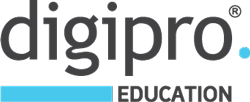Developing Innovative, EdTech “Enriched” Learning Spaces to Challenge the “Alpha Gen” Students.
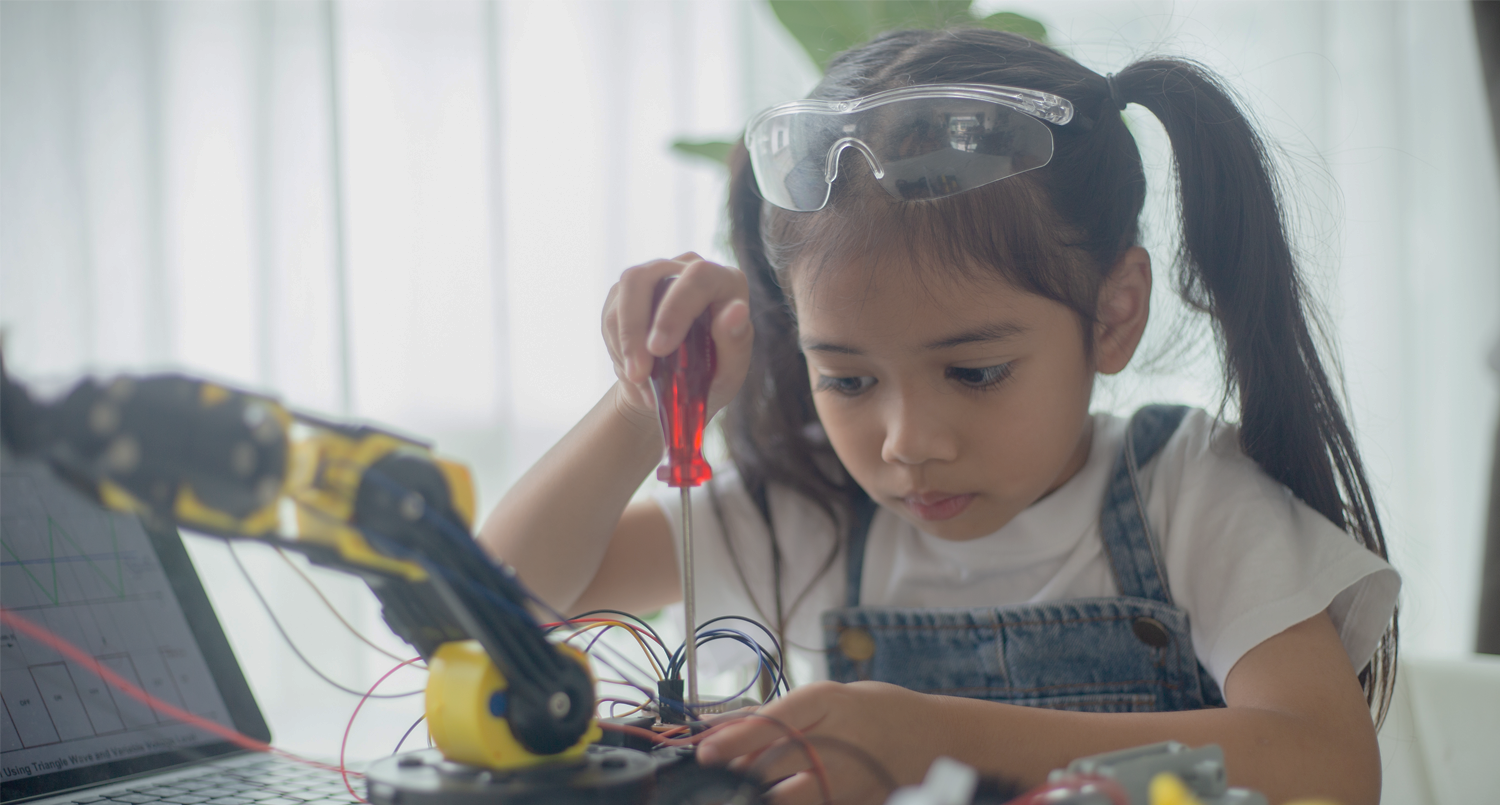
Instructors
-
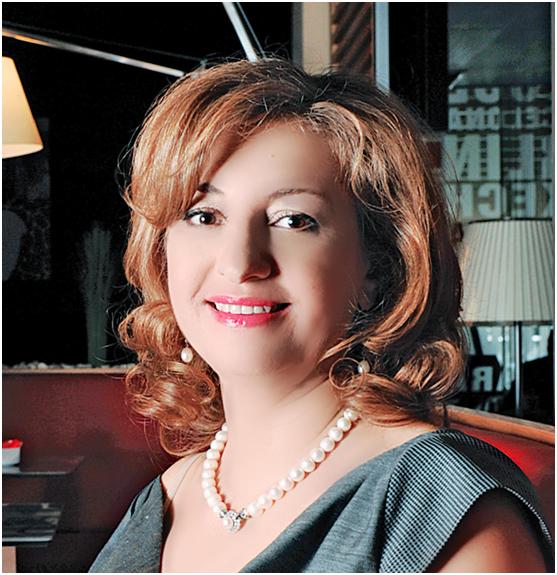 Chryso ChristodoulouCEO - Founder
Chryso ChristodoulouCEO - FounderMrs. Chryso Christodoulou is the founder of FUNecole® Research Institute and the co-founder of Digipro Education Limited. Her academic background is in Computer Science and Education. She is the designer and author of the FUNecole® for Cambridge ICT Starters Initial Steps endorsed by University of Cambridge International Examinations and recognized best practice educational approach by the European Commission. Mrs. Christodoulou is an external educational expert for the Institute of Prospective Technological Studies (IPTS) on various educational research projects. She is a program committee member for the Institute of Electrical and Electronics Engineers’ (IEEE) Computer society. Mrs. Christodoulou participates as keynote speaker and panelist at numerous conferences, seminars and workshops around the world. Mrs. Christodoulou´s work has been published in scholarly and policy publications, such as IEEE Xplore and the European Parliament Magazine. She is a recognized as an entrepreneurship expert by OECD and is one of 350 European Ambassadors of Entrepreneurship.
-
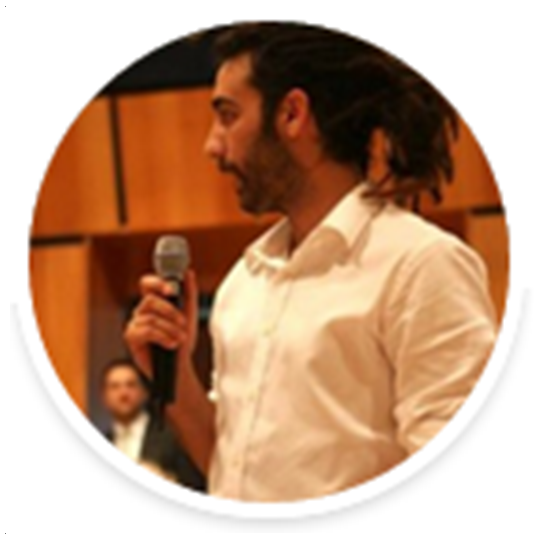 Kyriakos ChristodoulouHead of R&D and Innovation
Kyriakos ChristodoulouHead of R&D and InnovationKyriakos Christodoulou holds a BSc in Computer Science and a Master’s Degree in Innovation Management. He has been working in digital education projects at Digipro since 2011. He is primarily active in R&D on primary school curricula, developing partnerships with European institutions and agencies, participating in training and organising exhibitions, European seminars trainers education(Comenius and Grundtvig), online learning content authoring (Flash, HTML, Authoring tools), platform /web front-end design and development (HTML/CSS), education requirements analysis and design as well as alpha and beta testing.
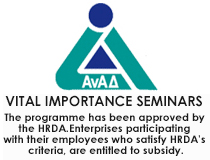
Date
19 & 20 & 21
2024
Time
Cost
Location
Technology, has become an integral part of today’s students providing them the tools and recourses to communicate, perform research, express their creativity, and collaboratively solve problems. It is crucial for schools to ensure that both students and teachers alike are equipped with the skills to utilize effectively the New Generation Tools and resources.
Today’s students have grown up not knowing life without technology and are ready to be exposed, use and mix different technologies, such as Android, Windows and IOS technologies.
This expert seminar will enable curriculum designers, lesson (subject) coordinators, and head teachers to develop a focused, disruptive pedagogical vision for “mixing” technology and enhancing learning while developing disruptive (innovative) Technology Rich Innovative Learning Spaces.
This expert educator professional development seminar aims to provide Middle and High school principals/managers, educational curriculum consultants with the latest state of the art tools, platforms and educational pedagogies to enable the development of the following types of
knowledge, skills and attitude-related objectives. Precedence will be given to those institutions that approved by HRDA or the Ministry of Education and Culture.
The objectives of the seminar are:
• Gain invaluable knowledge on how to use advanced technologies to up-skill teachers practice and classroom delivery.
• Recognize that education systems need to be disrupted by of new practices. that lead to the development of expert learning and thinking
• Use and mix different technologies, such as Android, Windows and IOS technologies to solve unknown problems and develop projects collaboratively.
• Analyze different technology enhanced learning methods.
• Design new learning experiences that promote the 4Cs in education. “4Cs- critical, creative, communicative and collaborative Learning”
• Demonstrate comprehensive expertise, knowledge and practical examples using intelligent technologies and advanced educational resources.
• Acknowledge the value that Artificial Intelligence (AI) and Machine Learning are important drivers for personalized self-paced learning.
Recent Program Participants
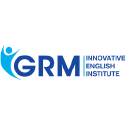
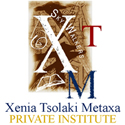
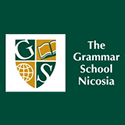
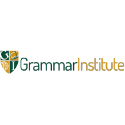
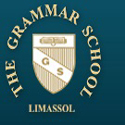
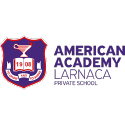
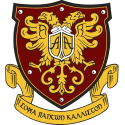
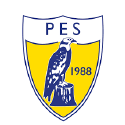
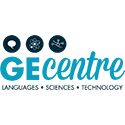
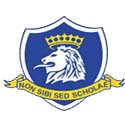
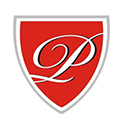
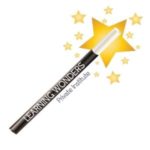
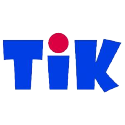
The event is finished.
Hourly Schedule
Day 1
- 07:30 - 09:30
- The Global Educational Framework Needs the Development of:
- • Expert thinkers who are intuitive, act automatically, can think strategically, and are flexible during problem solving.
• Robust innovative pedagogies with digital accessibility, navigation and application of technological tools.
• Enhanced student’s knowledge, knowhow, abilities and habits of mind.
• Learning experiences that promote the 4Cs in education. (Critical, Creative, Communication and Collaboration)
- 09:30 - 09:45
- Coffee Break
- 09:45 - 12:15
- Case Study: Presentations and specific (hands on) school related case studies
- • Presentation of the most popular 21st Century Advanced Technologies.
• Presentation of innovative learning content that supports the necessary ingredients for academic excellence.
• Presentation of how to use and “mix” different technologies, such as Android, Windows and IOS technologies when solving problems and developing projects.
• Presentation of practical examples of learning redesign by integrating the development of expert thinkers.
Day 2
- 07:30 - 08:30
- It’s All About Learning!
- • How can we look at technology as a teaching and learning experience, rather than just a technological advancement?
• How teachers can be involved in ways that really improve student hands-on experiences?
• How can we achieve the development of relevance and the advancement of student outcomes?
• How can we assess student outcomes? Summative versus Formative Assessments.
- 08:30 - 10:00
- Developing Autonomous and Collaborative Learning Environments
- • Presentation of problems that occur due to EdTech investment by schools.
• Schools often make purchases without really knowing what to do with the technology once they have it.
• Presentation of schools that have over 60 iPads locked away in a cupboard, with no real indication of how they plan to use it.
• Reference to schools that spend thousands of Euros on devices, simply because other schools have them. In this case study we will see that schools don’t need technology for brilliant classrooms, but we do need teachers who understand the value and purpose of it.
• Show that technology it’s something that students will use every day, boosting teachers’ confidence to get involved is essential.
- 10:00 - 10:15
- Coffee Break
- 10:15 - 11:45
- Choosing the Appropriate Technology
- • What technologies are appropriate for the lesson at hand?
• What can we do when things go wrong with the technology?
• Let students get it wrong and make a mess of it!
- 11:45 - 12:45
- Class Project
- After reviewing the Case study and additional and subject relevant recommended readings, videos, links participants will create their own eLearning presentations on the subject using presentation or eLearning authoring tools. Participants will be expected to post their projects on the dedicated seminar blog.
Day 3
- 07:30 - 09:00
- Recapitulation of the previous day
- Recapitulation of the previous day and continue with the study of how schools can connect, scale and mainstream these promising new models, standards and approaches, and ensure access to Education 4.0 for all.
Combining teaching and learning with digital platforms
- 09:00 - 10:00
- Case study: The dynamic shift to change
- In the world of work, skills disruption will require organizations to be much more agile in delivering working and learning experiences that are tailored to the individual needs of their workers. Much work is being done by private sector chief human resource officers on customizing work experiences to enable lifelong learning and integrating alternative work models to improve flexibility.
- 10:00 - 10:15
- Coffee Break
- 10:15 - 11:45
- The Program for International Student Assessment (PISA)
- • The Program for International Student Assessment (PISA) is an international assessment that measures 15-year-old students' reading, mathematics, and science literacy every 3 years.
• The PISA questions, characteristics and cognitive abilities
• Prepresentating reasoning and argumentation visions, strategies for solving problems, using symbolic, formal and technical language and operations, using mathematics tools.
• The PISA assessments for the development of higher order thinking skills.
- 11:45 - 12:15
- Group Presentations
- Present group projects that contain learning experiences beyond expectations driven by authentic passion and need.
SUBSIDY, ATTENDANCE, AND CANCELLATION POLICY
HRDA Subsidy and Seminar Attendance
- A company’s participant is eligible for a subsidy when their Social Insurance and Industrial Training contributions have been settled in full by the time of registration/seminar. In case of ineligibility/disqualification, the company will be invoiced the full amount per participant.
- A company’s participant is eligible for a subsidy if he/she completes an obligatory attendance of 75% during seminar and 100% on the company visit. In case of failure to complete the attendance, the company will be invoiced the full amount, per participant.
Cancellation and Substitution Policy
- Cancellations can be accepted up to 5 working days prior to the seminar without penalties. For any cancellations received after the deadline (or no-shows), the company will be invoiced the full amount per participant.
- Substitutions can be accepted any time prior to the seminar without penalties.
- Τhroughout the seminar participants must have their camera and microphone open, for better communication and as defined by the specifications of HRDA otherwise participants will not be approved by HRDA.

